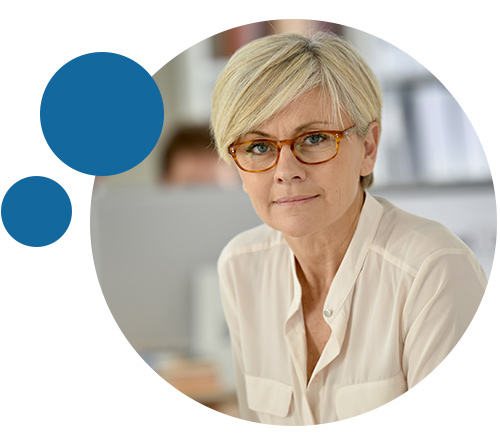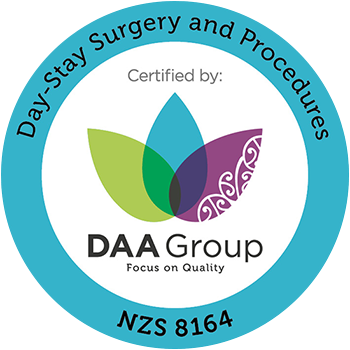Dr Watson explains how refractive cataract surgery provides patients with further options to get what they want
Cataract treatment options can be confusing. We’ve made the journey as straightforward as can be
Our patients are overjoyed by the detail they experience after refractive cataract surgery

Rewind the clock on your eyes
Suppose you feel disappointed by poor vision and the inconvenience of glasses. In that case, it can be even more frustrating when cataracts come along and render them ineffective. What now?
Refractive cataract surgery is the answer. This treatment offers you a whole new world of improved vision beyond what standard cataract surgery can provide. You’ll obtain the best vision your eyes are capable of seeing, without cataracts and with a significantly reduced dependence on glasses.

Feel liberated from cataracts and glasses
Before this revolutionary treatment, our patients feel stuck. They’ve always lived full and active lives, but then cataracts come along and put a stop to all the fun. Then they discover refractive cataract surgery. In a matter of minutes, patients go from dull and cloudy vision to bright, vivid colour. And what’s even more amazing is they can now see a range of distances without their glasses!

Embrace everything you enjoy
After refractive cataract surgery, you’ll never have to pass up an activity you enjoy again. Whether you like long hikes, driving at night or reading a good book, your vision will be able to keep up with your lifestyle. Plus you’ll never have to worry about where you last left your glasses!

Don’t be a victim of the traditional model of ageing
A big mistake that many people make is thinking that ageing eyes are just a part of life and something that you must accept. Our patients will tell you that this treatment is one of the best things they’ve ever done in their lives. To be independent, to enjoy the colours of a sunset or the smile of a grandchild is priceless. Your only regret will be that you didn’t do it sooner.
Discover how this treatment can restore your vision with ease
Choose the option below that sounds most like you to discover your best solution
Our industry-leading experts are here to guide you every step of the way
Learn more about refractive cataract surgery from authoritative sources
Note: These links will take you off our website






























